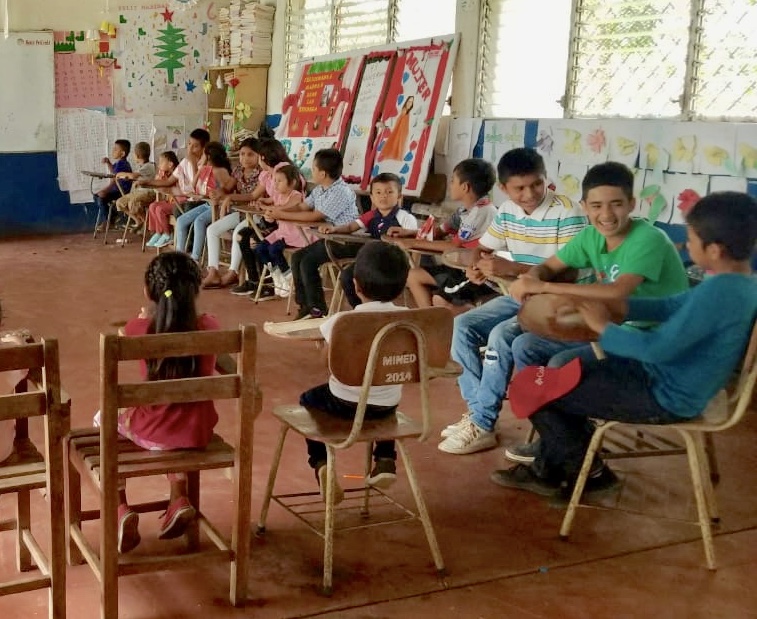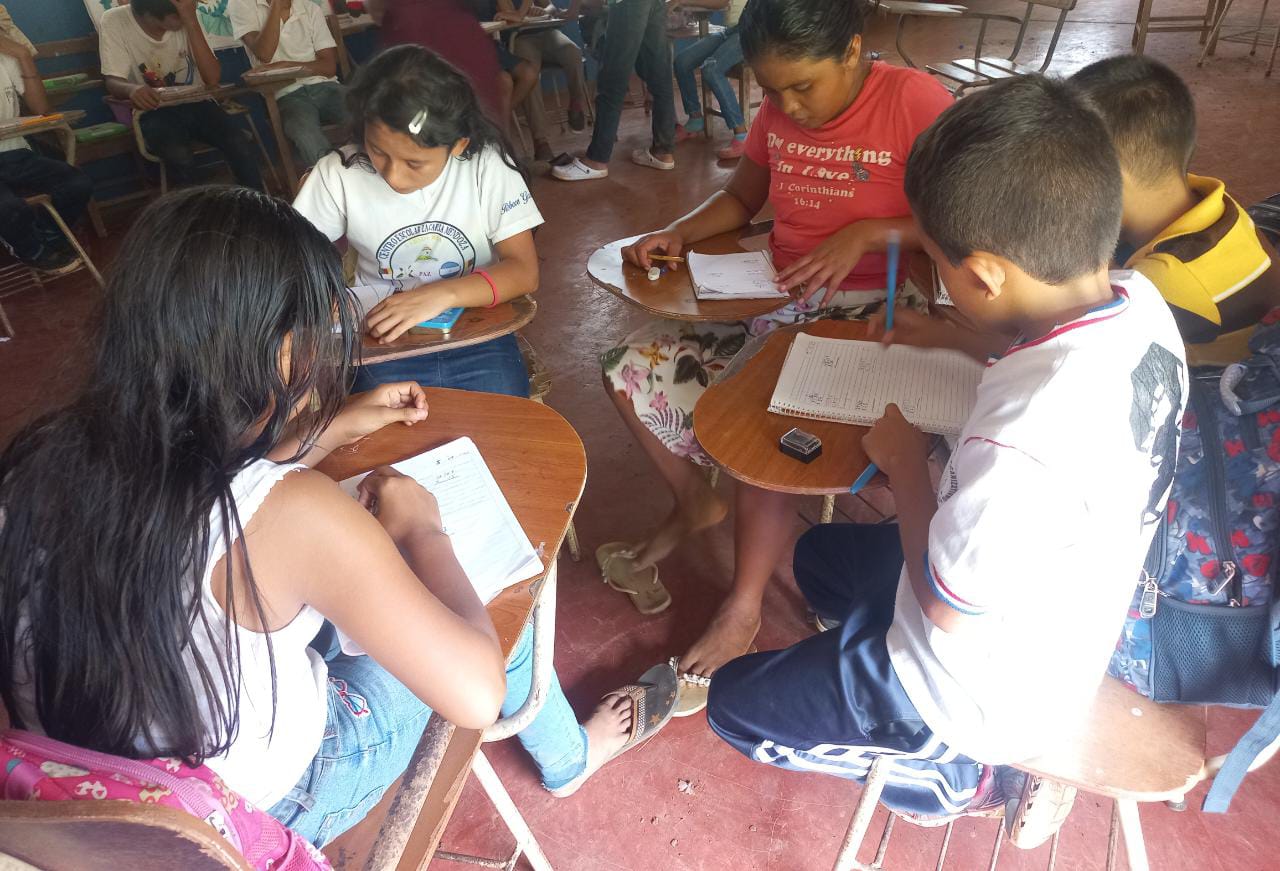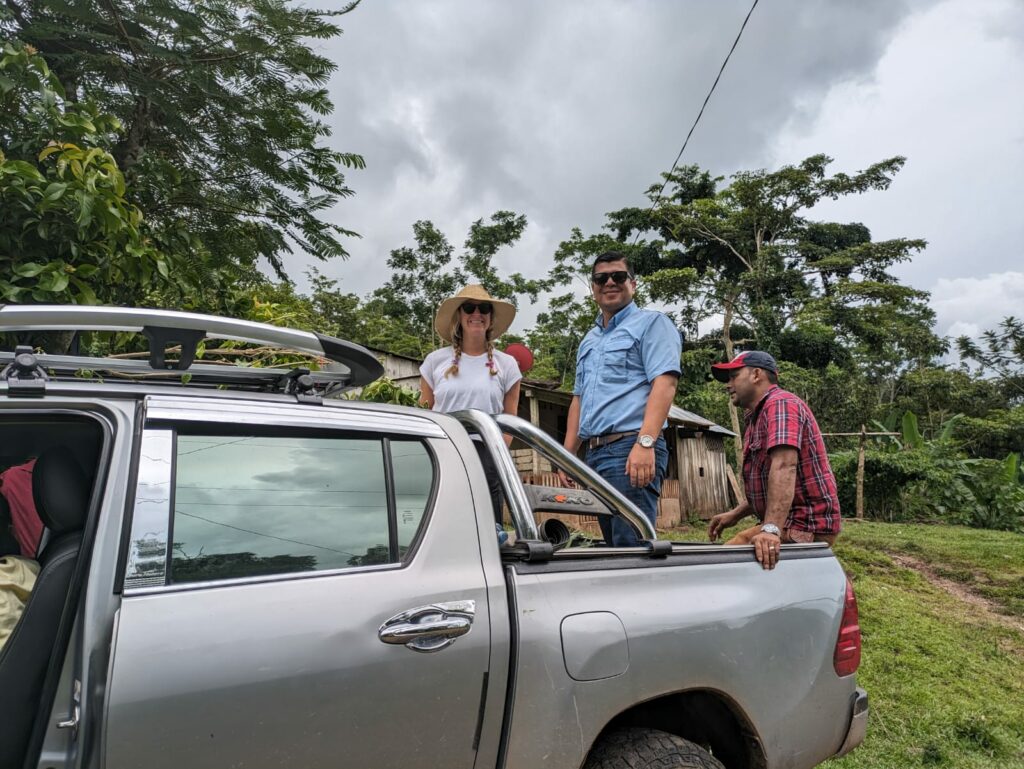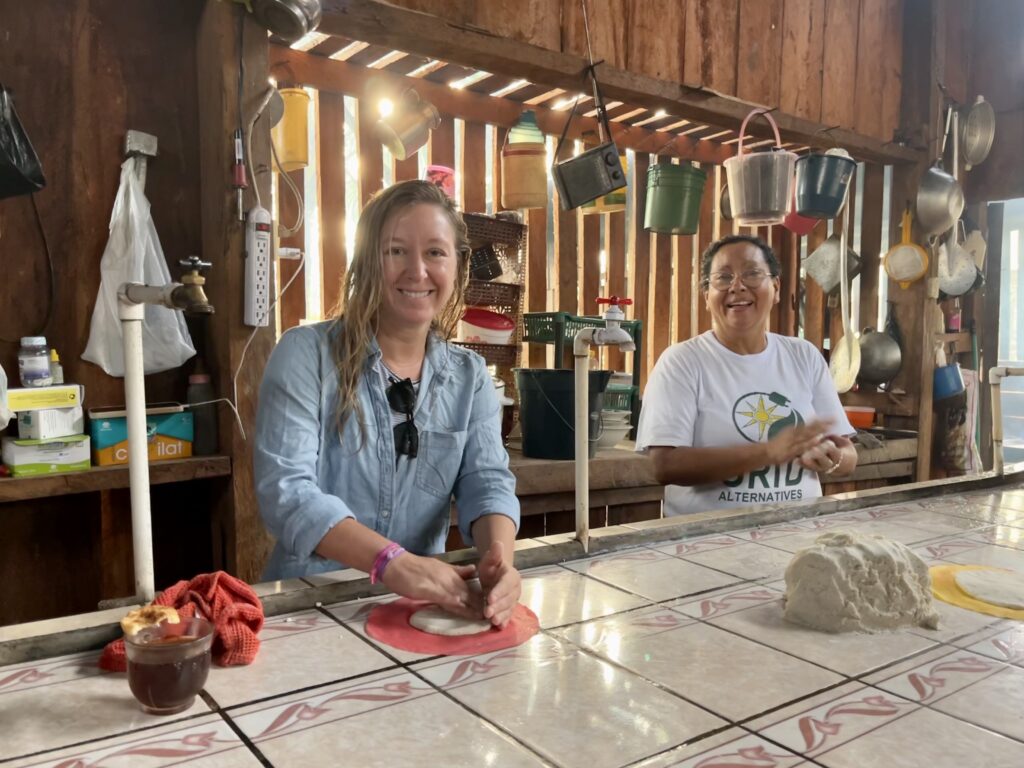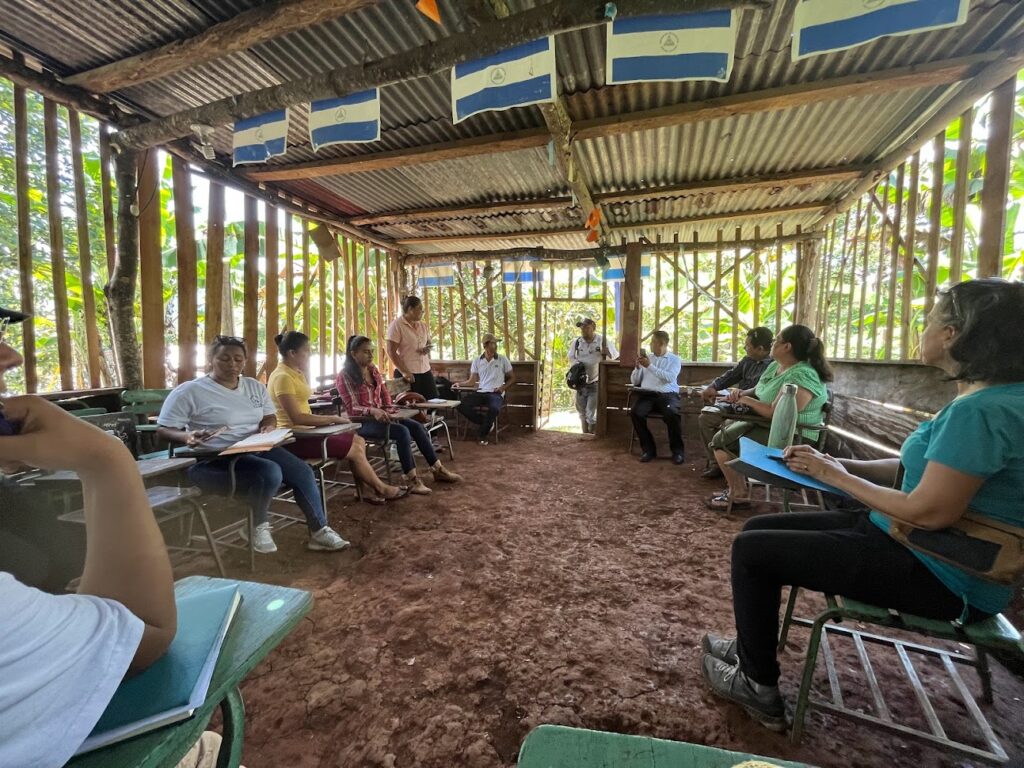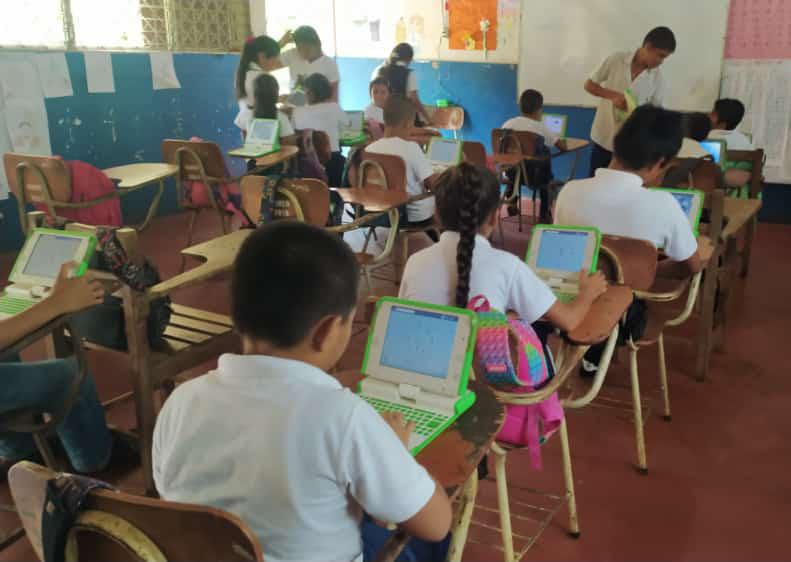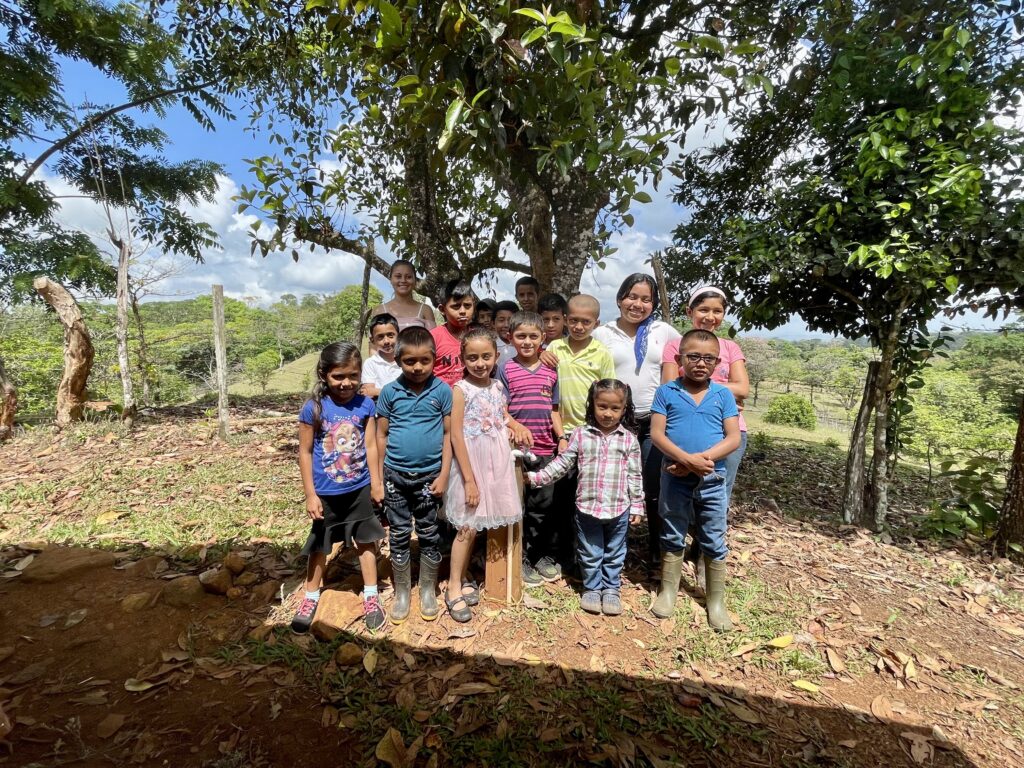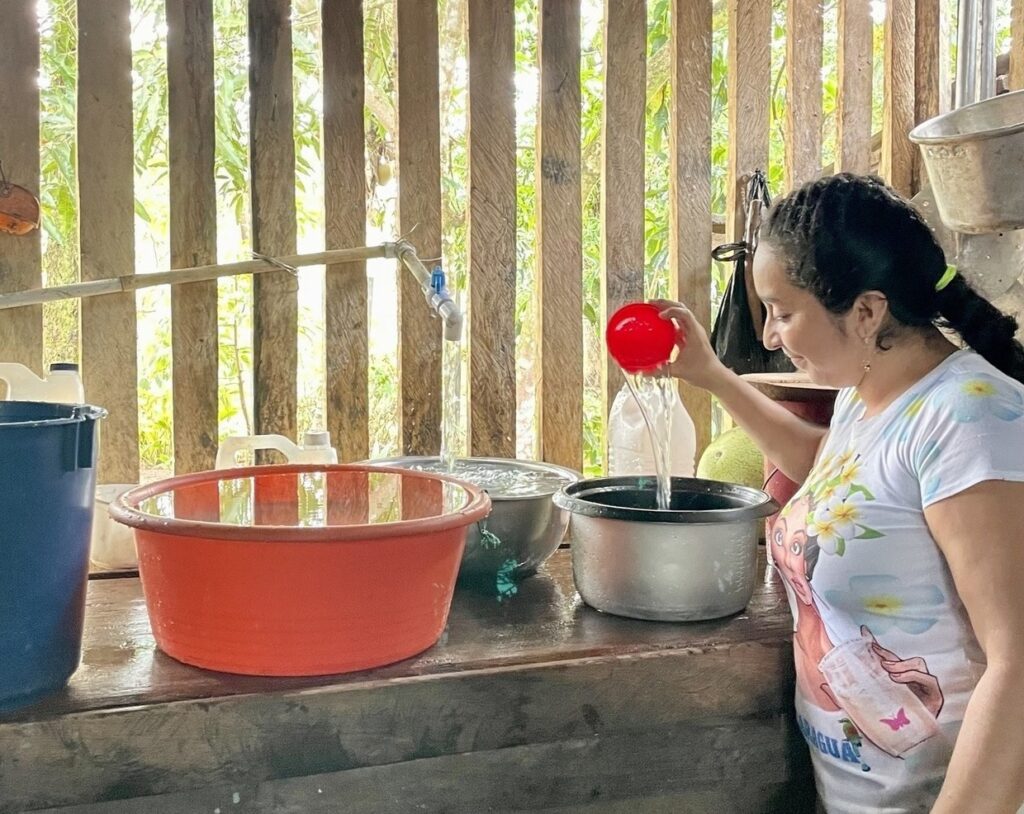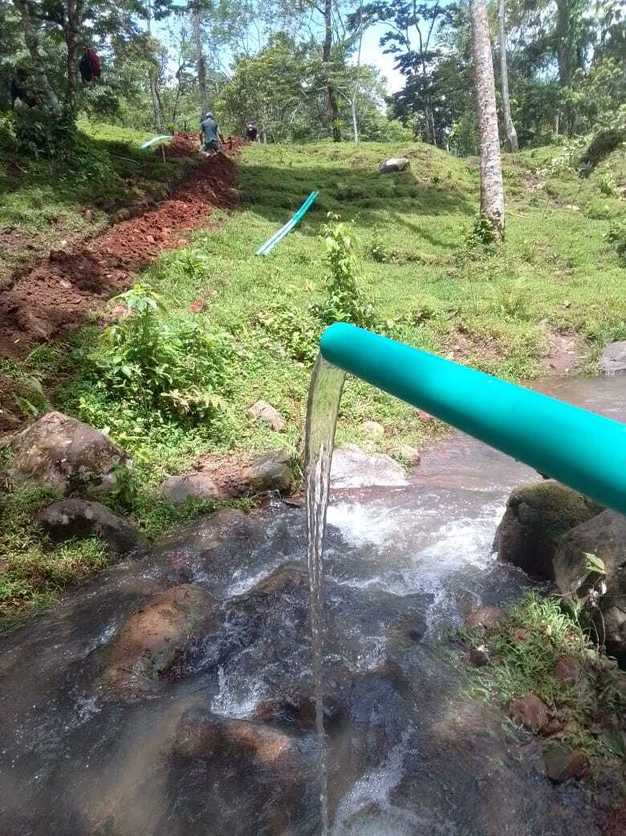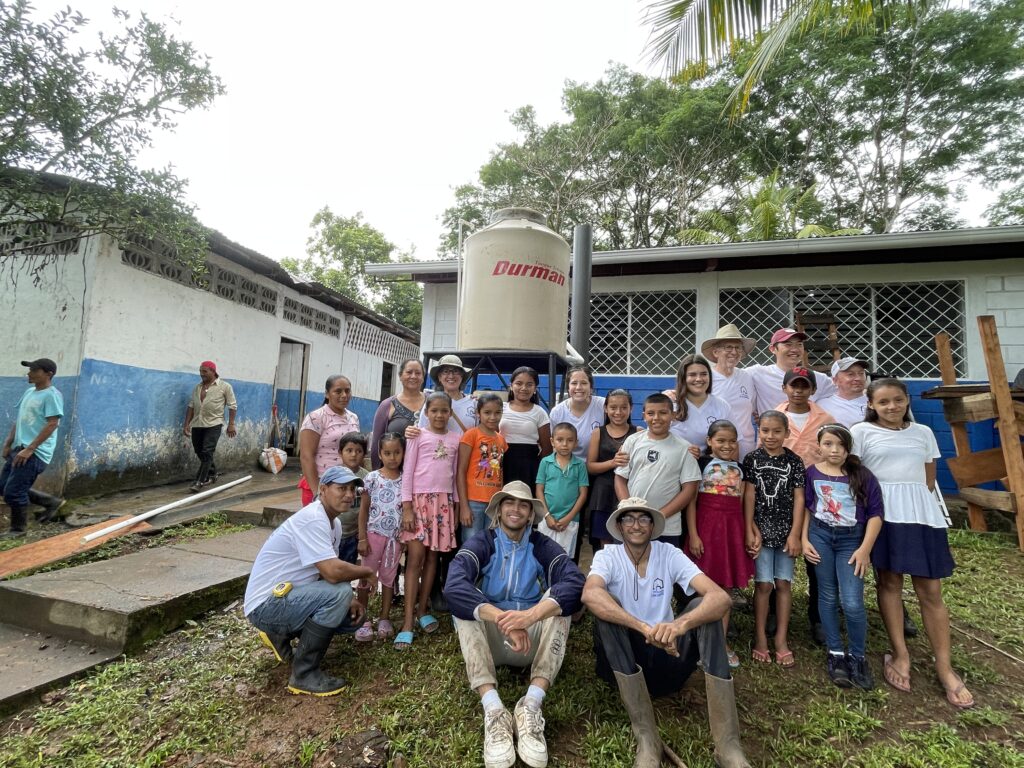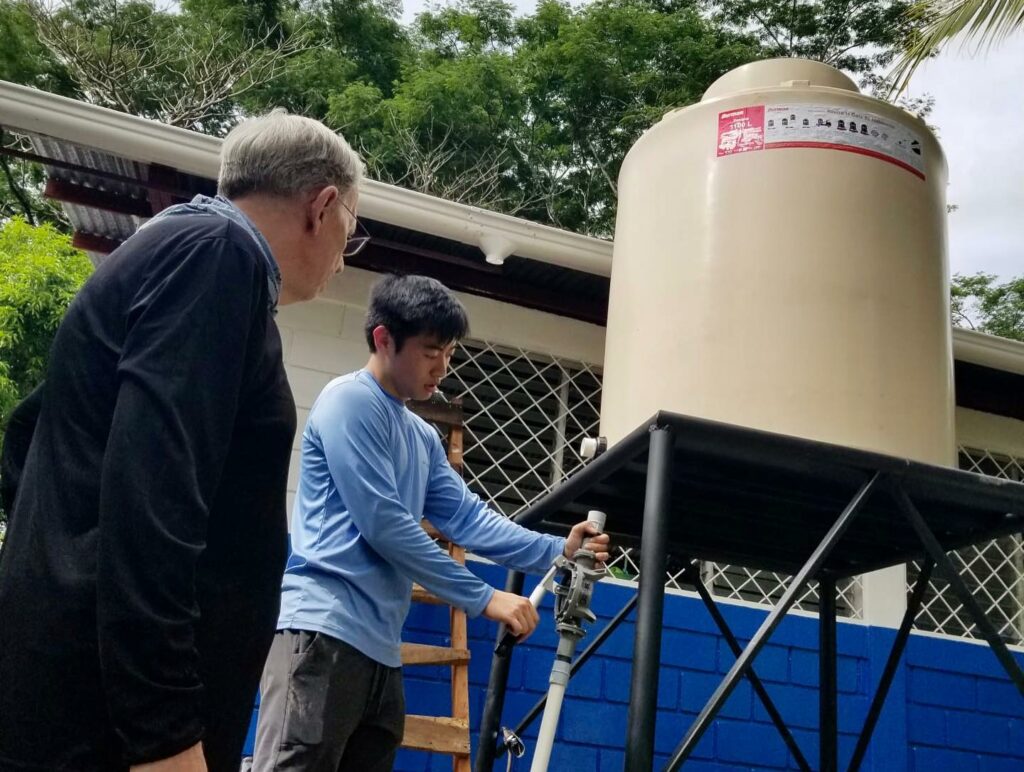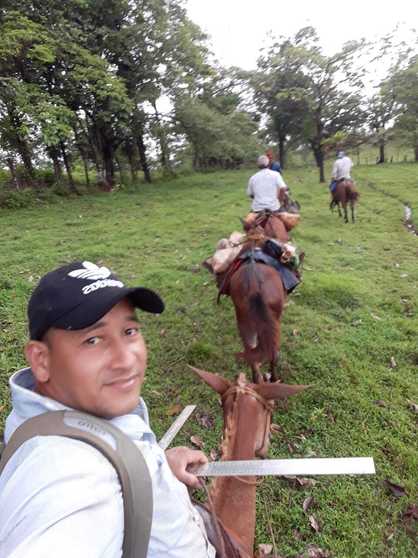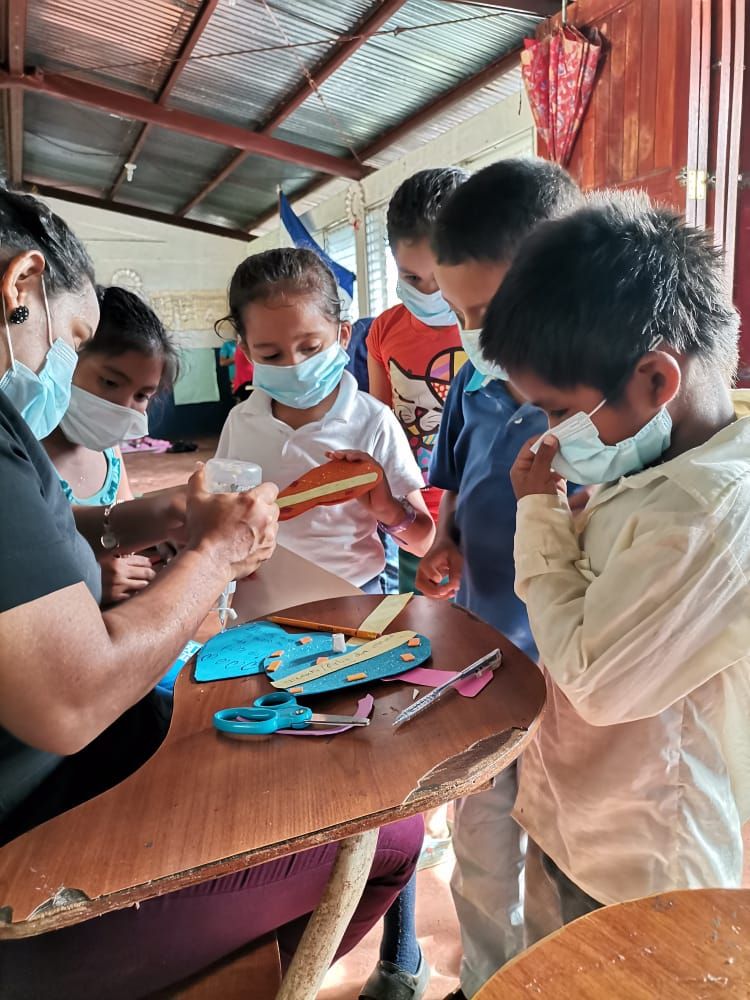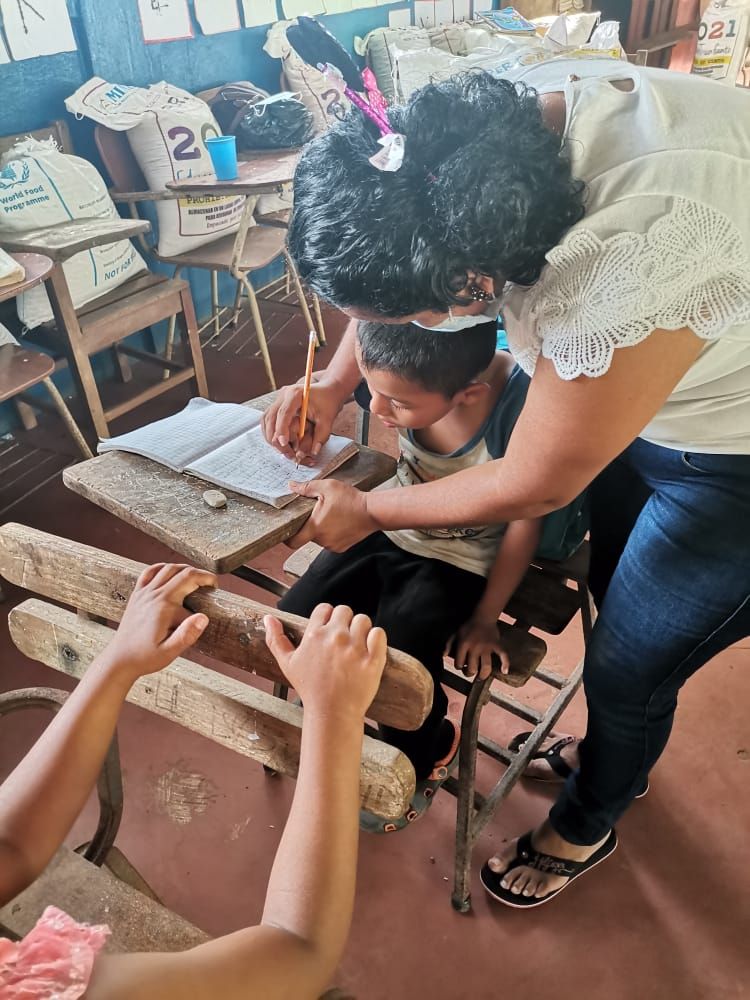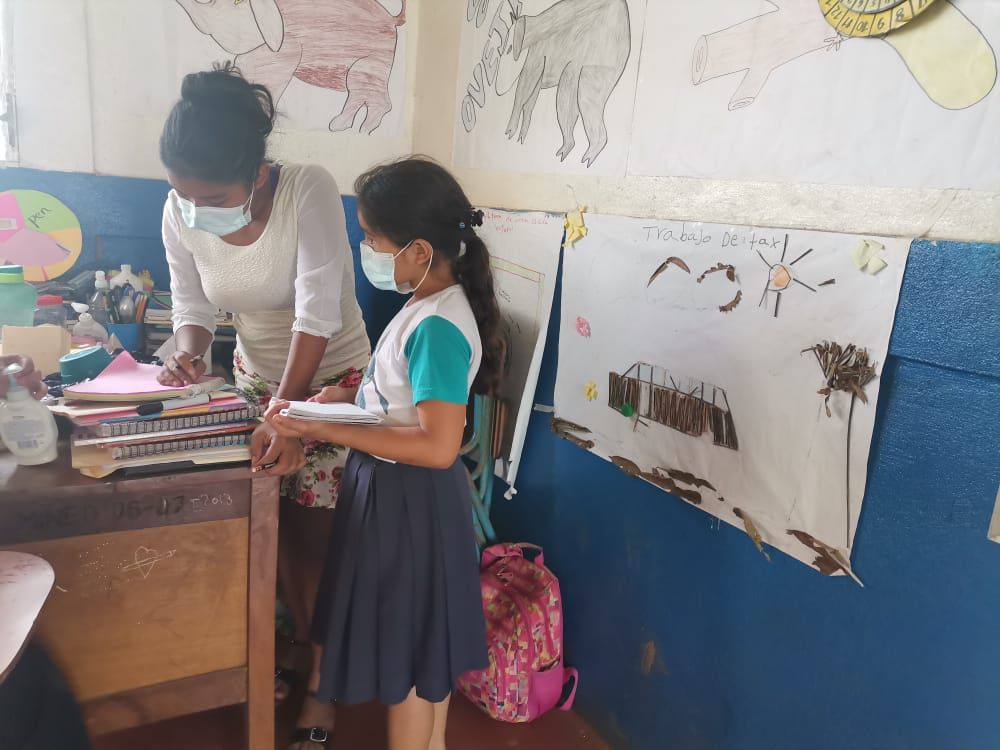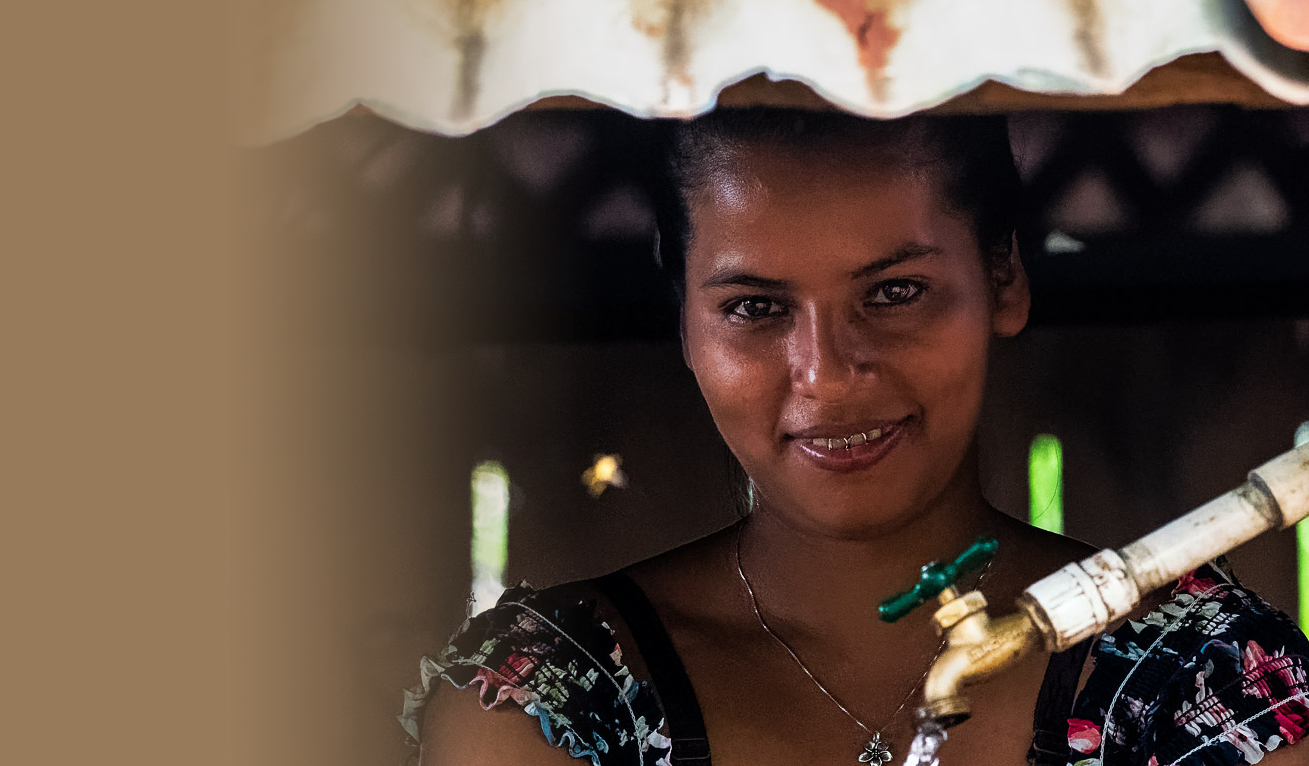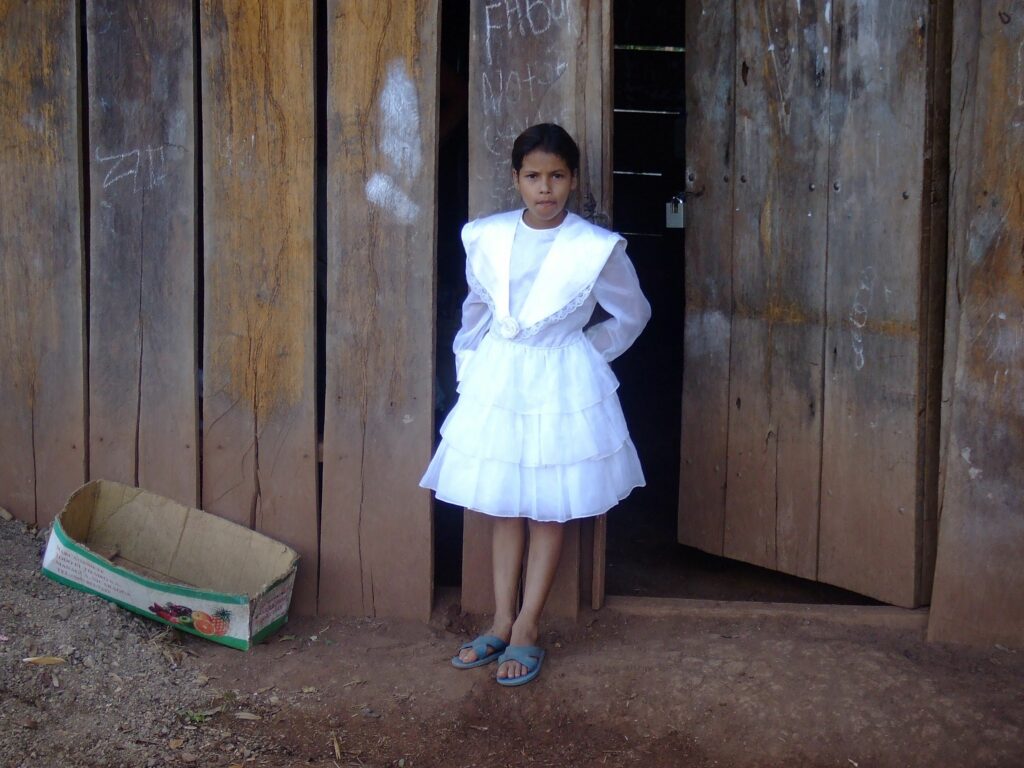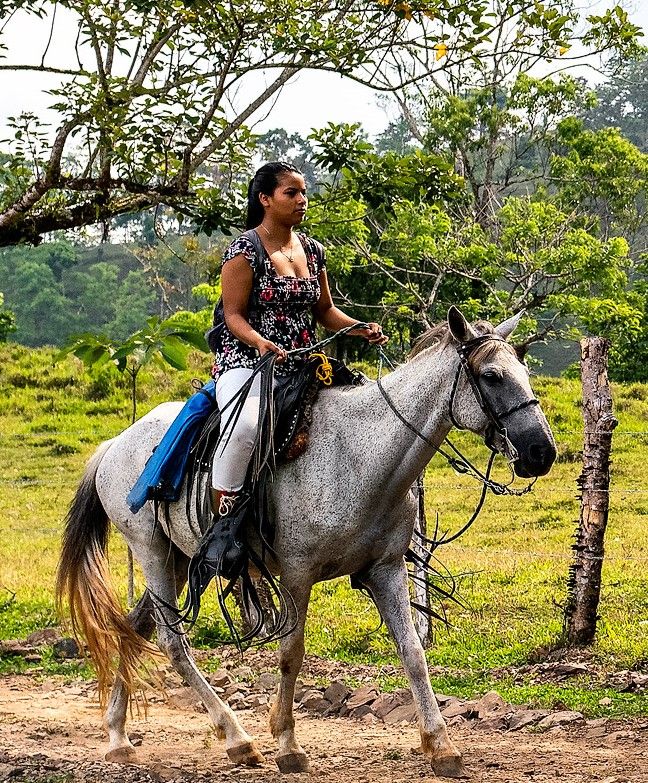How One Family Came Together to Help Us ‘Stuff the Shelves’
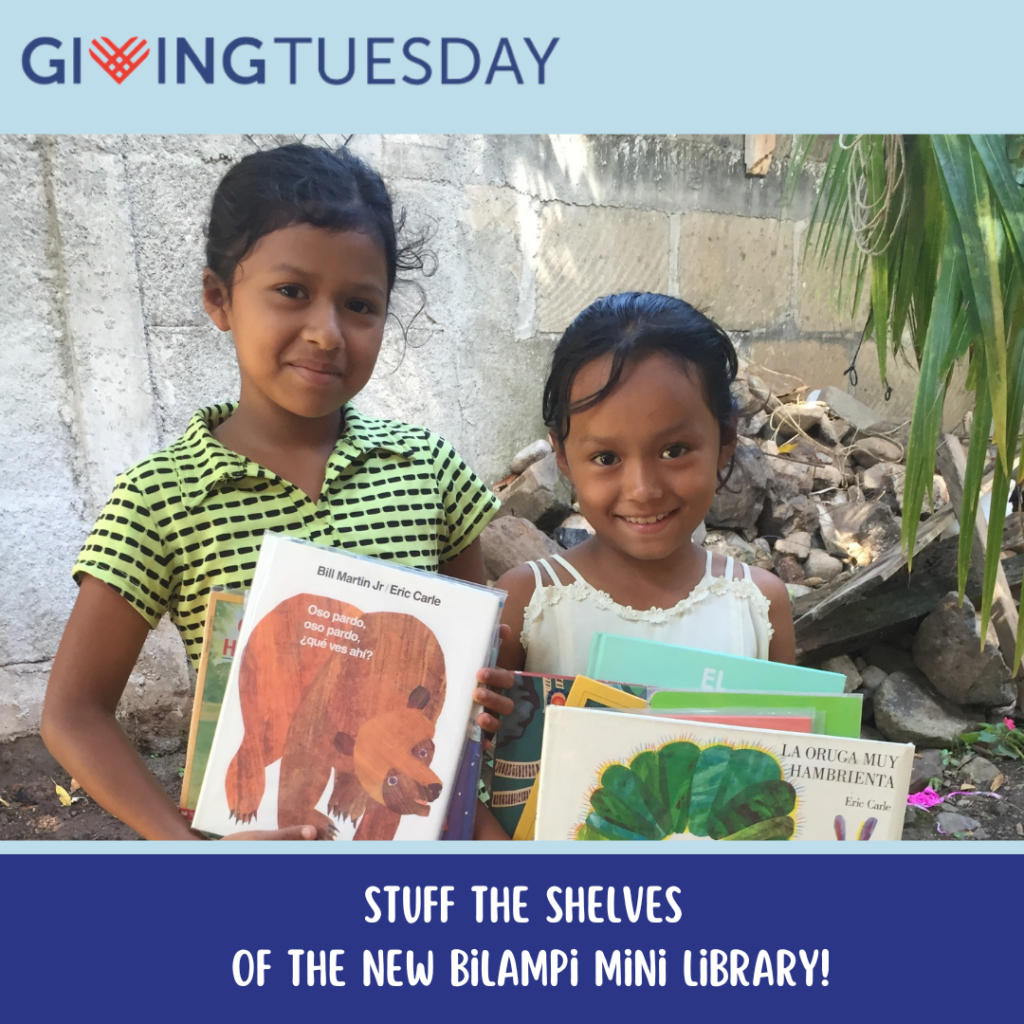
As we neared the end of the construction of the Bilampi school, we dedicated the special Day of Giving to fundraise for a new mini-library so students could have access to books, coloring pencils, and other supplies.
We are thrilled to report the success of our #GivingTuesday initiative to ‘Stuff the Shelves’ for the new Bilampi school, thanks in large part to one of our sustaining donors.
They have a beautiful family tradition of coming together each holiday season to dedicate their gifts to one organization. We were touched to learn that this year, Project Schoolhouse was the chosen nonprofit.
“Our family chooses one charity every holiday season. We were excited to see exactly where our family contributions would go. Not a lot of people can say that they know exactly where their donations go, and to be able to build an entire library makes us so happy.”
We are excited to share new photos once the school is inaugurated and opens to the children next February for the new school year with their new library. Thank you to all of you who donated to Bilampi’s mini-library campaign.
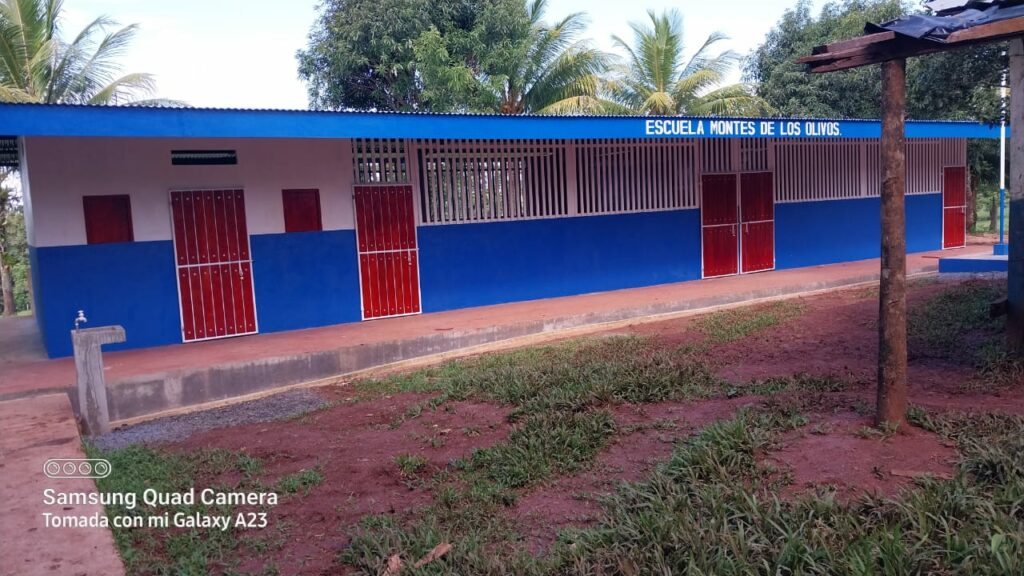
Outside view of the new Bilampi School
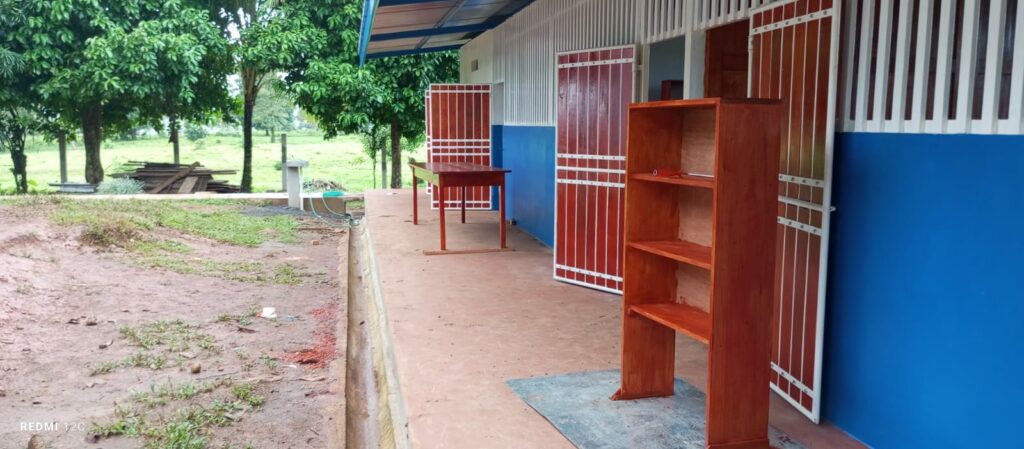
Furniture and shelves ready to be moved in in the new school.
